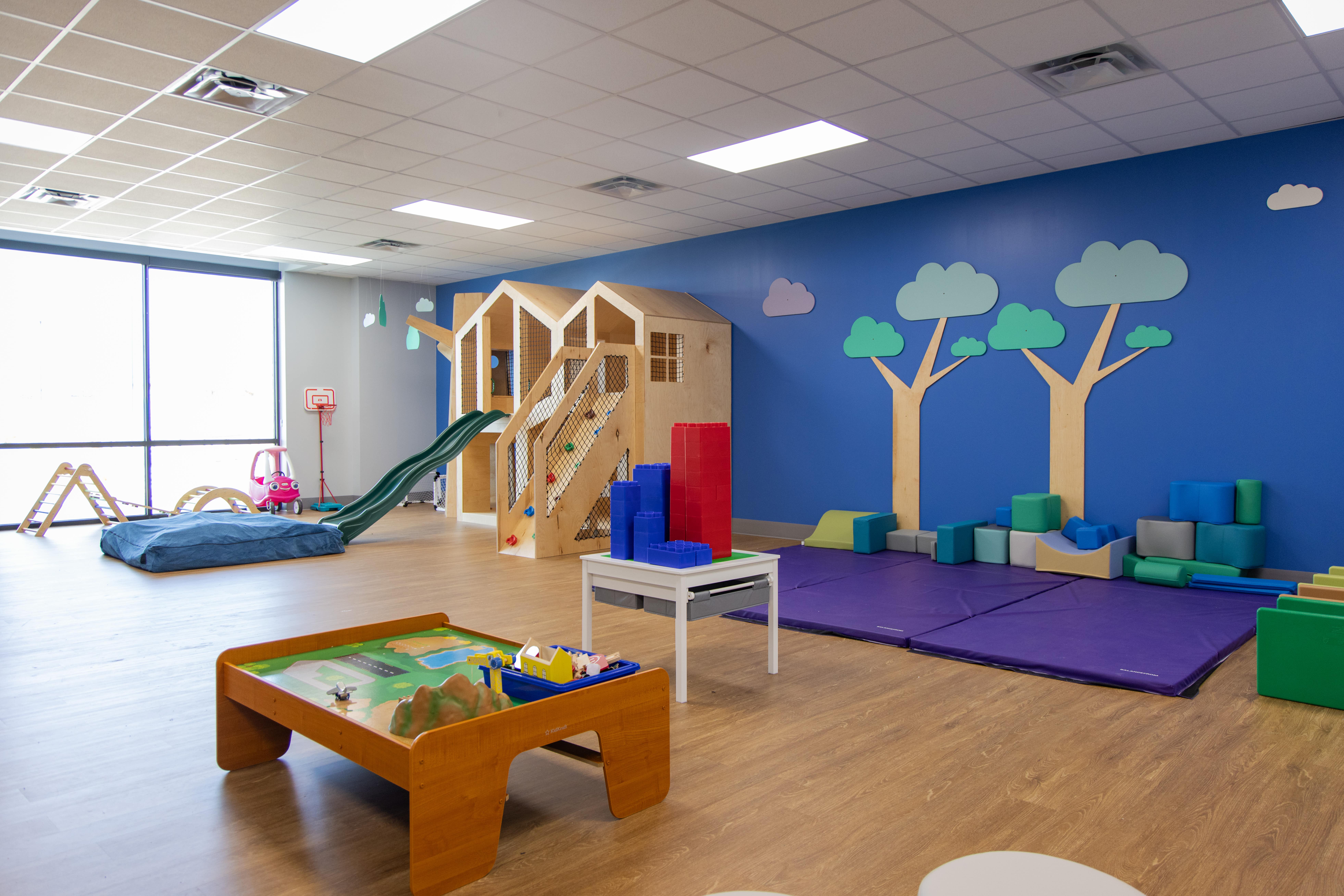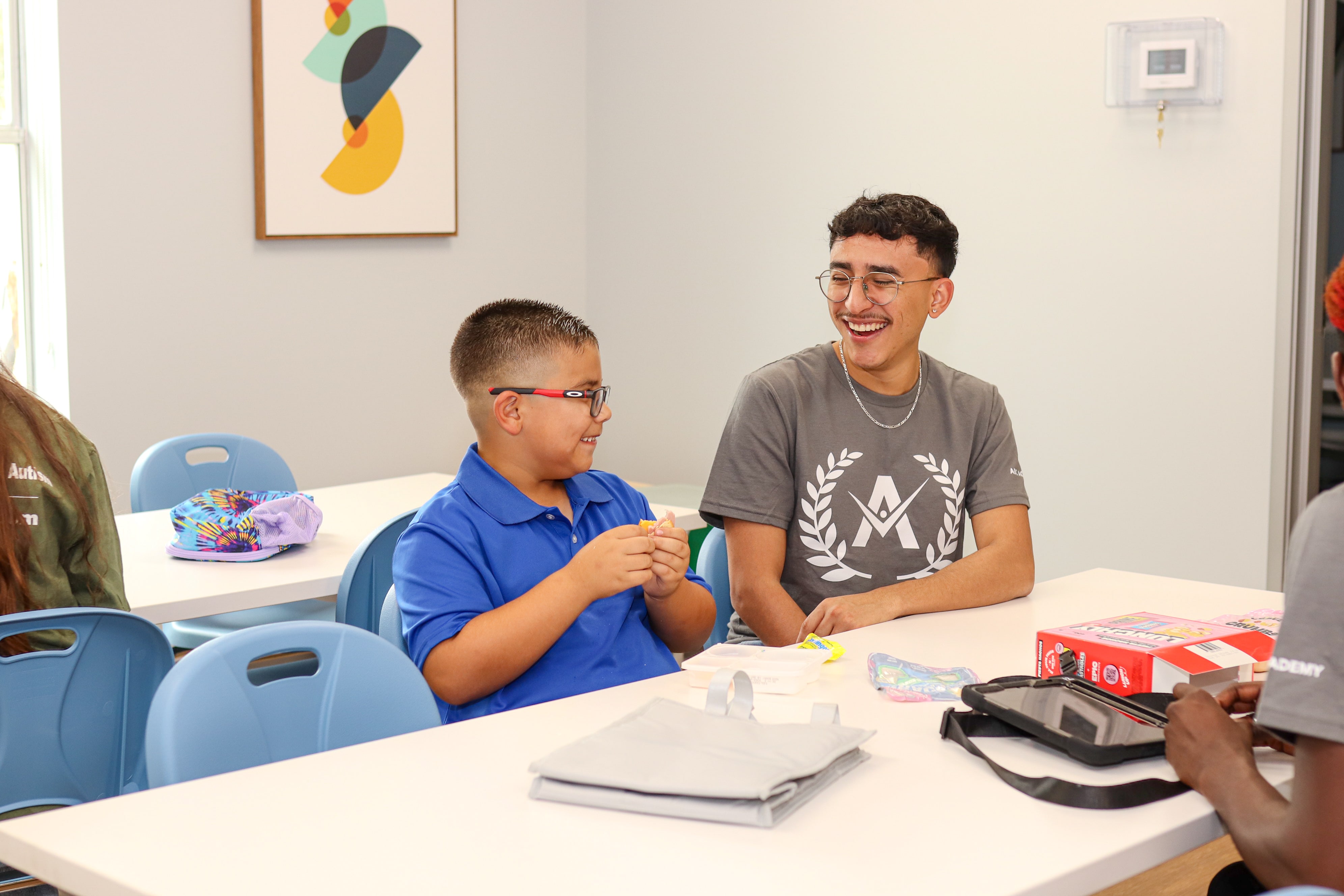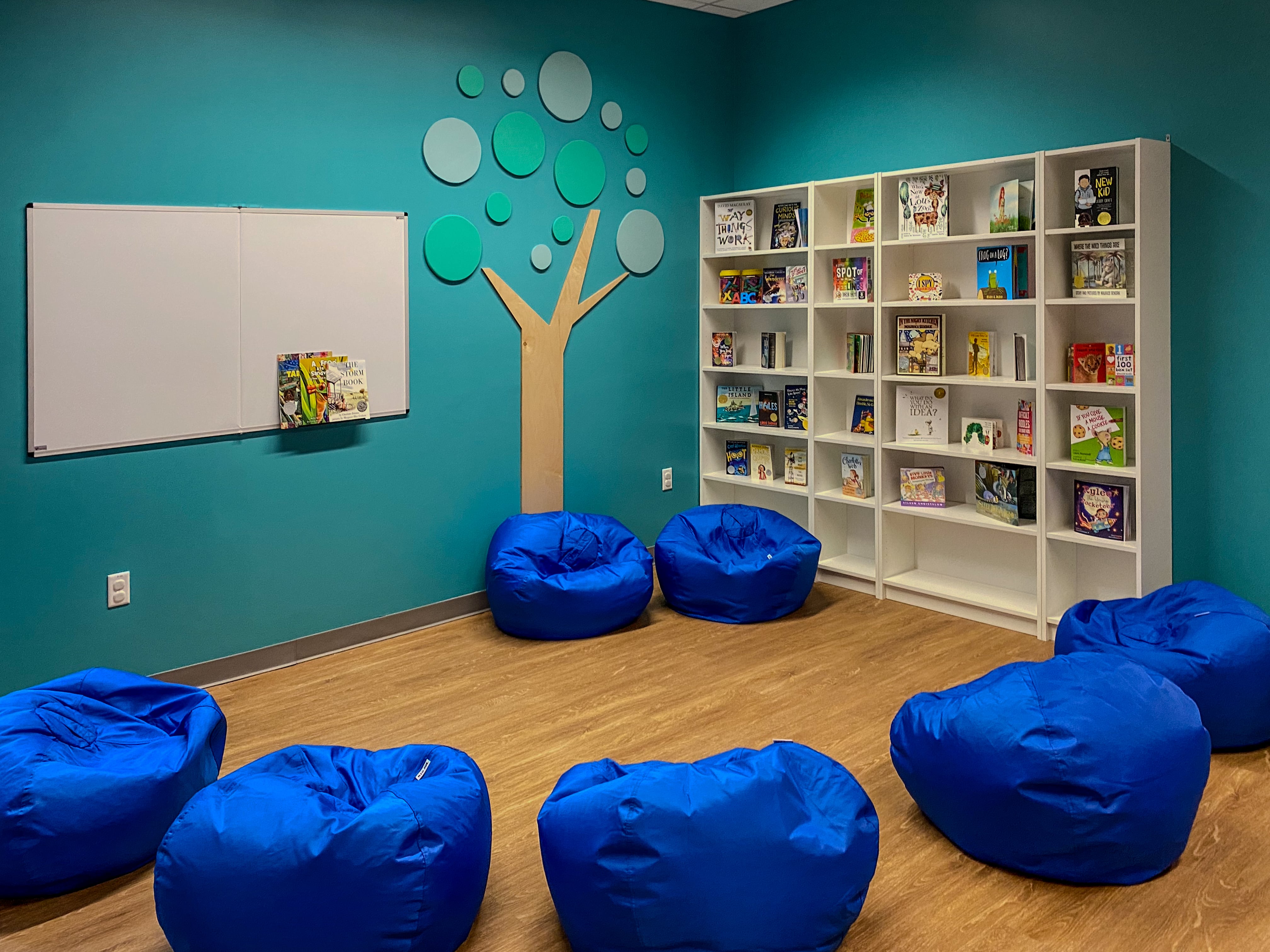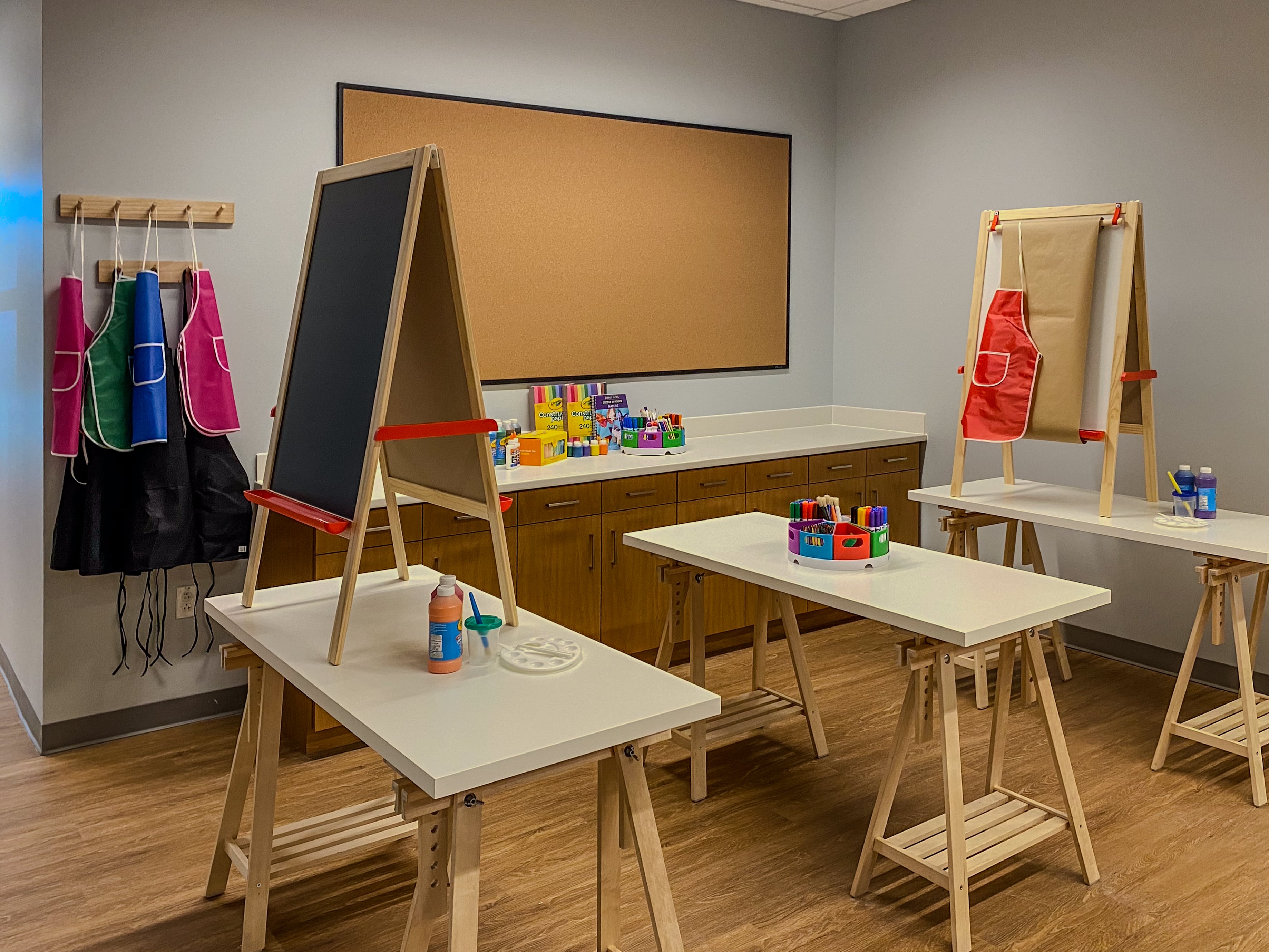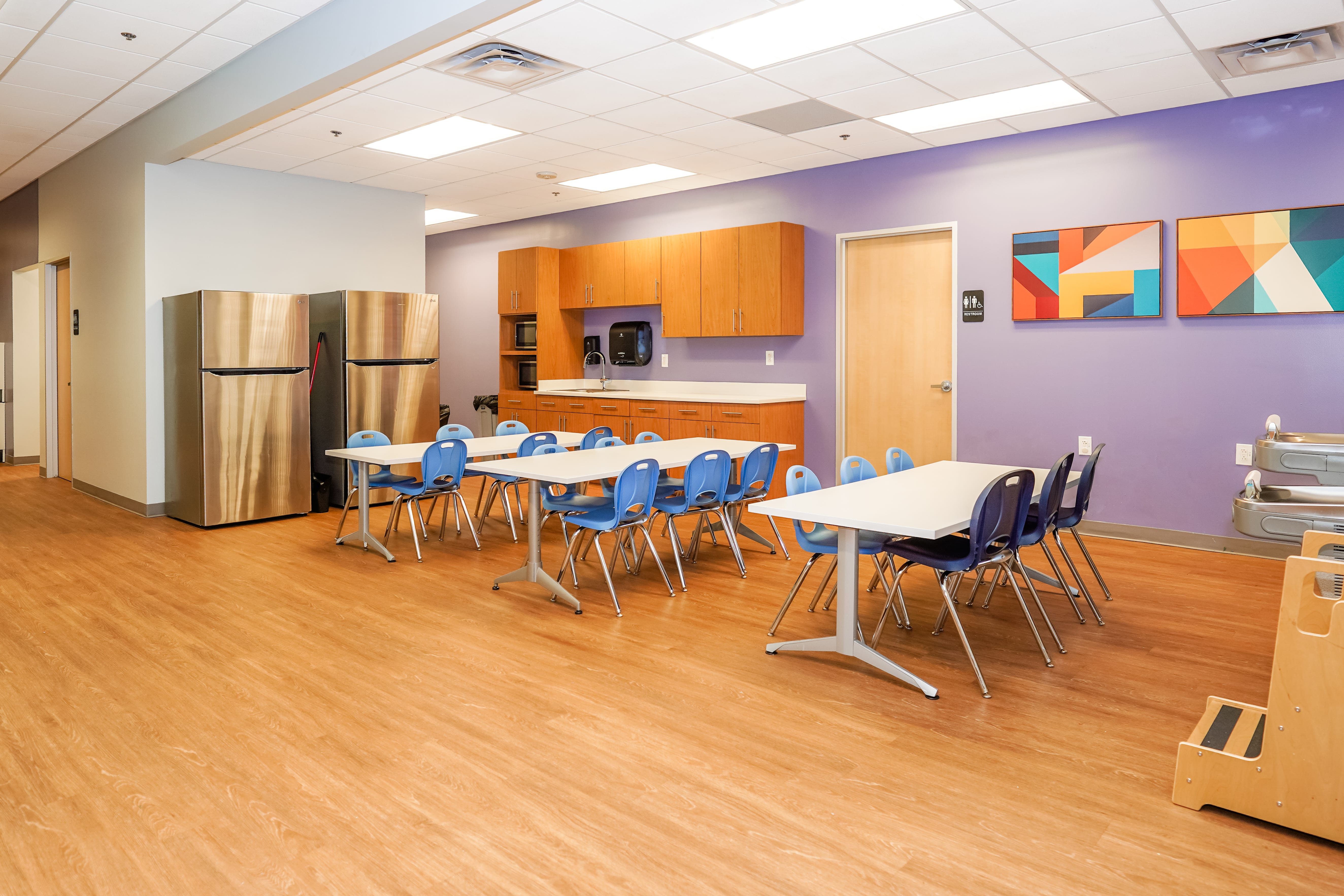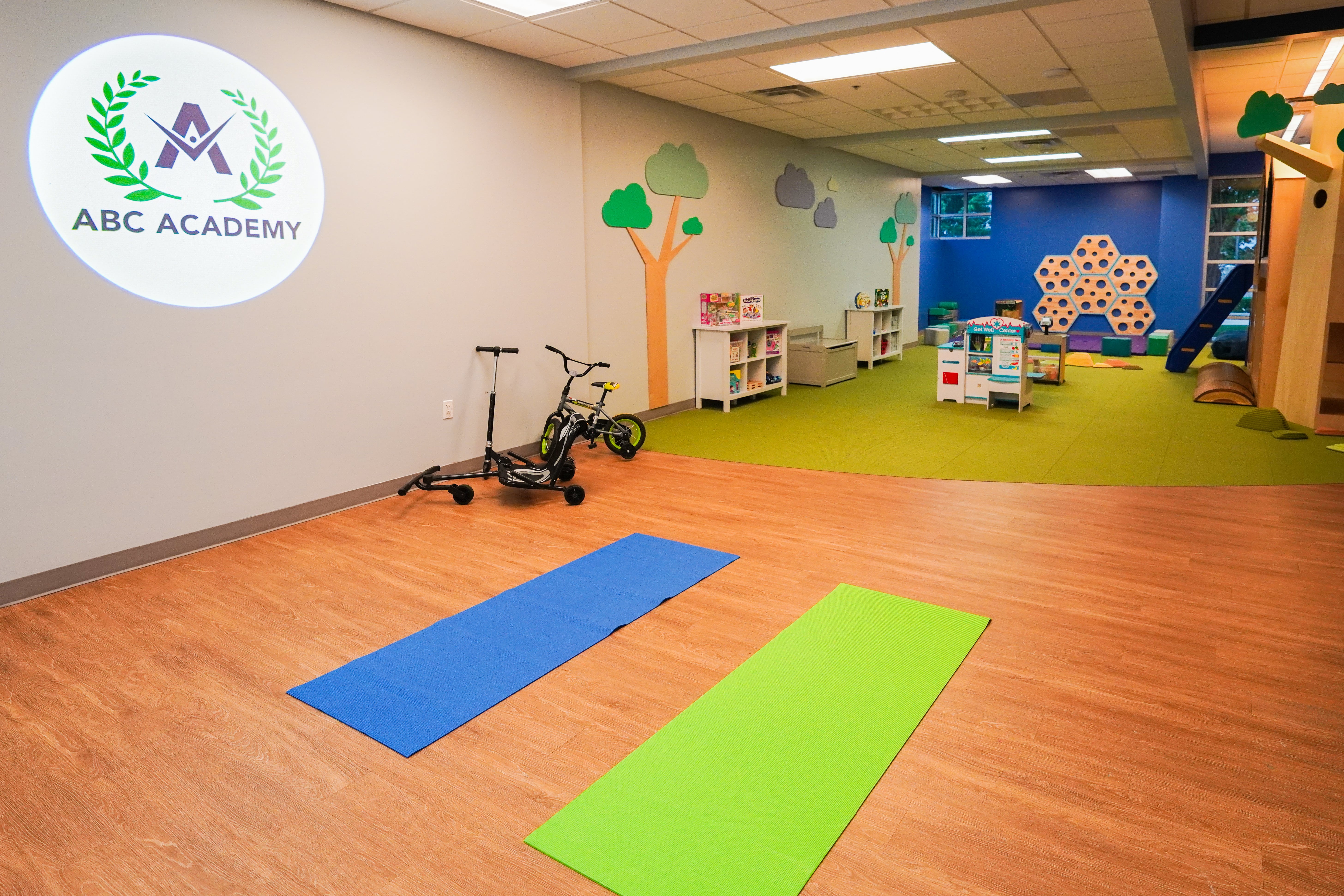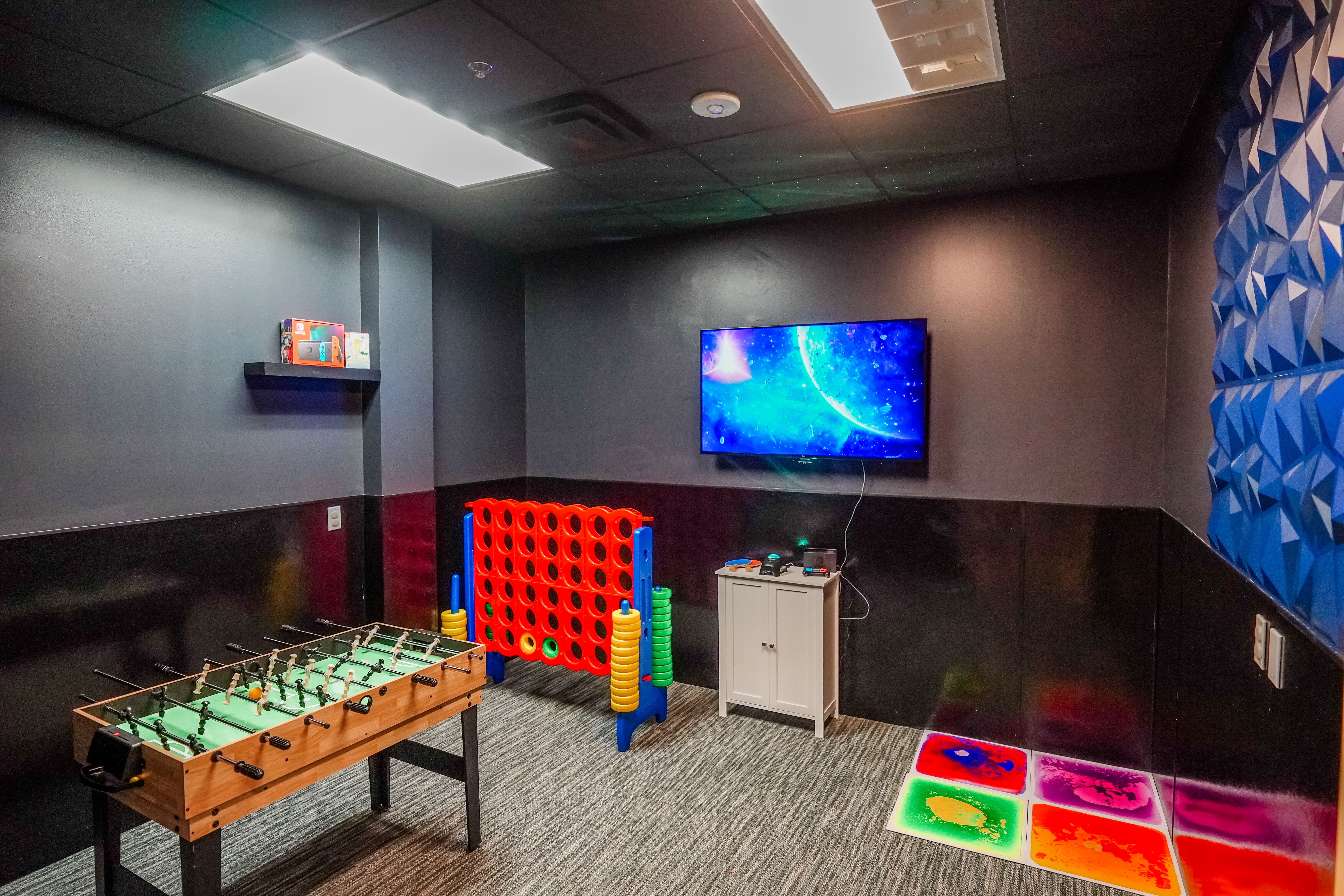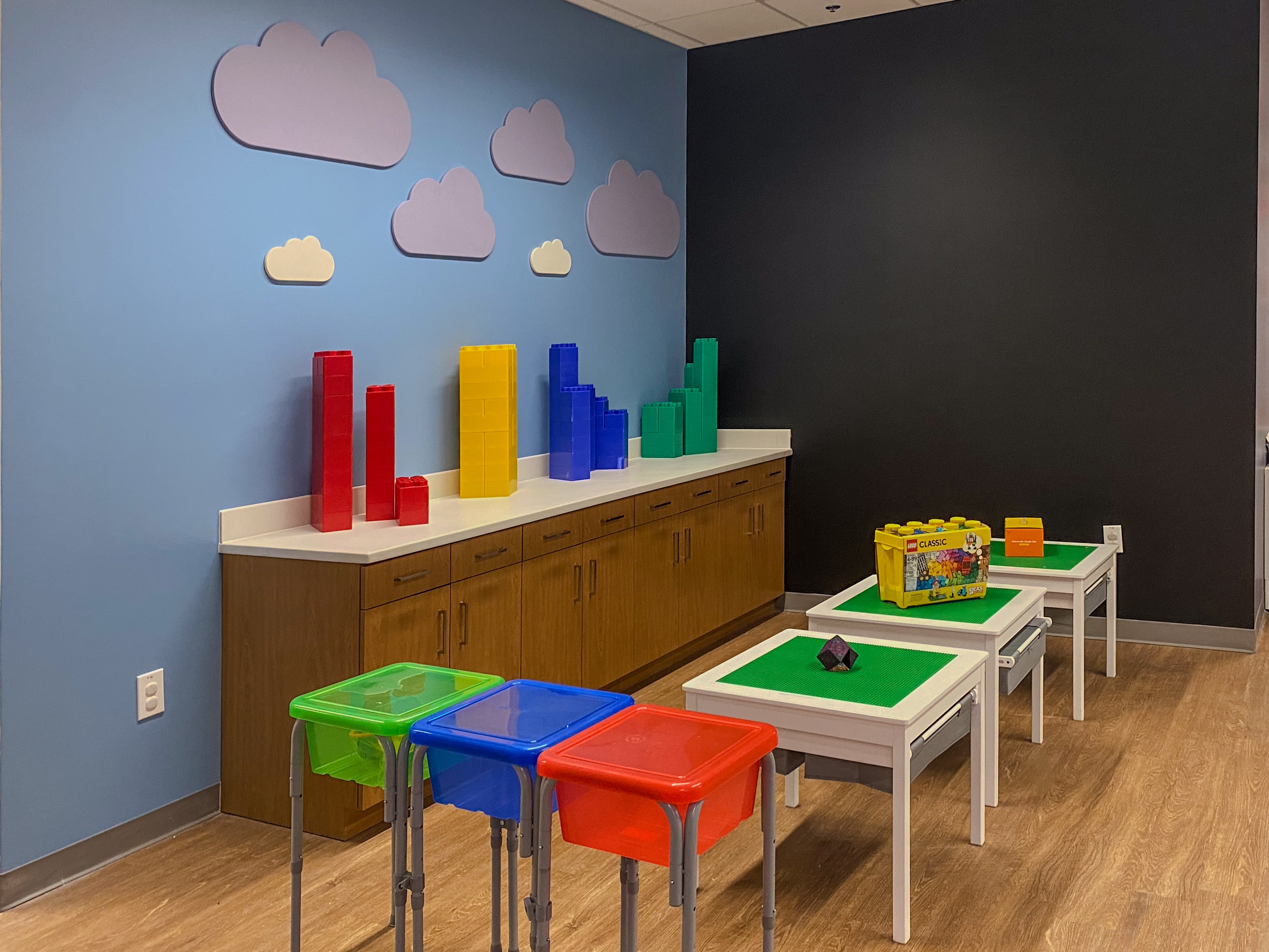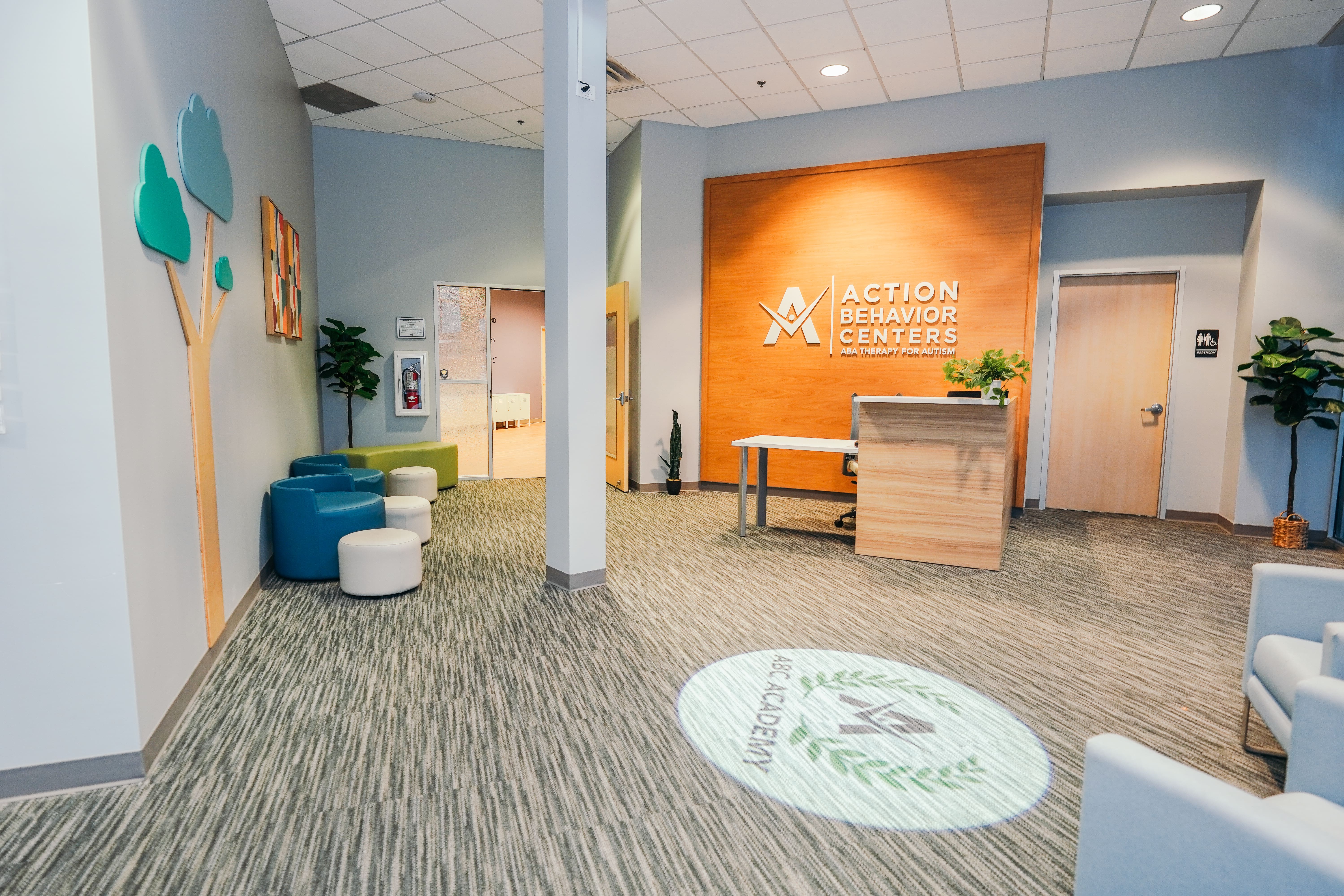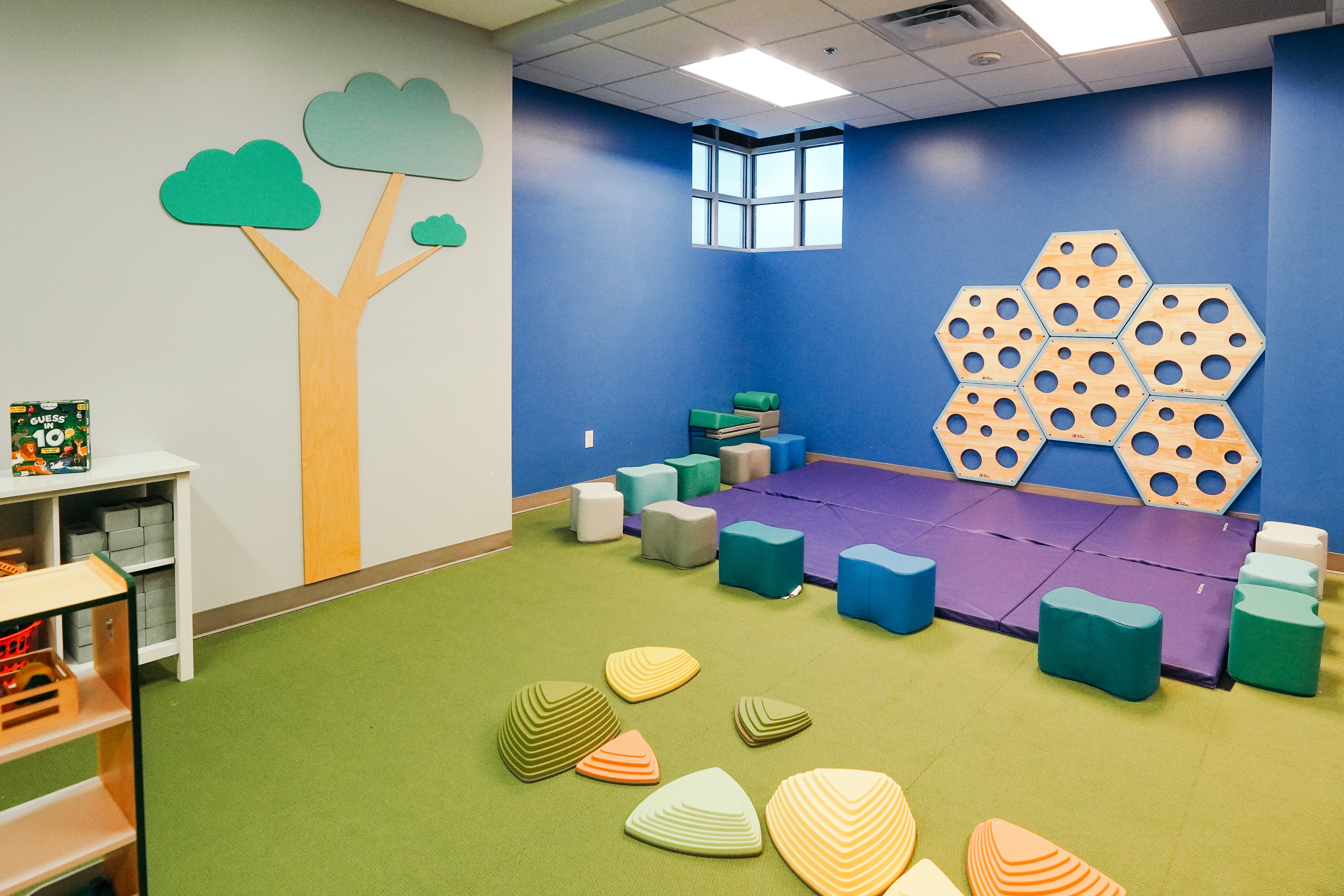Why choose our applied behavior analysis services for autism spectrum disorder
At Action Behavior Centers, our autism services help autistic children learn practical life skills, build independence, and reach milestone moments. We proudly provide evidence-based ABA therapy in a compassionate and supportive environment. Learn more about what sets us apart.

Quality attention
Every child is unique, and every case of autism is different. Our BCBAs, who are master’s-level clinicians, work closely with families to set individualized goals that reflect each child’s learning style and personality.
Immediate start
ABA therapy is most effective when it’s started early. You don’t have to wait months to get your child the help they need. We are ready when you are!
Family support
Parental involvement is essential for your child’s ongoing success. Our Family Guidance sessions deliver the ABA support you need to help your child continue growing at home.
Proven ABA therapy outcomes
ABA therapy is one of the most effective methods for helping children with autism learn and grow. Families who work with us notice significant improvements in their child's communication, social skills, and ability to follow directions.
Help your child thrive with ABA therapy.
Complete our online interest form to get matched with a center. We will be in touch soon!
Frequently asked questions about ABA therapy and autism in Baytown, Texas
What is ABA therapy, and how does it work?
Applied behavior analysis (ABA) therapy is an evidence-based treatment for children with autism. At Action Behavior Centers in Baytown, Texas, our ABA therapy programs are personalized for each child and use positive reinforcement and play-based techniques to create meaningful, lasting progress. Our Baytown autism center provides a supportive environment where children can thrive and build confidence.
Does my child need an autism diagnosis to start ABA therapy in Baytown?
Yes, a formal autism diagnosis is required before beginning ABA therapy in Baytown, Texas. An autism diagnosis is needed for insurance coverage, access to early autism intervention programs, and eligibility for school-based autism services. Action Behavior Centers offers no-cost autism evaluations in Baytown, including the ADOS-2. we also offer other Comprehensive Diagnostic Evaluations (CDEs) to help families get answers quickly and begin care without unnecessary delays. Contact us today to schedule your child’s autism assessment in Baytown.
Should I wait to test my child for autism if a doctor says they may just be developmentally delayed?
While some children do catch up over time, waiting can mean missing out on the most effective window for early intervention. Getting an early autism diagnosis in Baytown allows your child to start therapy at a younger age, often between 18 months and 5 years, when ABA therapy can have the most significant impact on their communication, social skills, and behavior. At Action Behavior Centers in Baytown, we encourage early evaluations to ensure children have the best opportunity to reach their goals.
What age range of children do you serve with ABA therapy in Baytown?
Our Baytown ABA therapy center provides targeted support for children with autism from 18 months to 13 years old. We offer individualized, age-appropriate programs designed to meet each child’s unique developmental needs. Ages served at Action Behavior Centers – Baytown: Autism diagnostic evaluations: 18 months–6 years In-center ABA therapy: 18 months–8 years In-home ABA therapy: 18 months–13 years ABC Academy (School-readiness program): 5 years–12 years
Learn more about ABA therapy & autism
View all FAQsIs ABA therapy effective for autism?
Yes! Every autistic child is unique, and some children experience more significant progress with ABA therapy than others. However, studies show that children who receive two or more years of intensive behavioral interventions, including ABA therapy, can often participate in school and social activities at the same level as their peers.
Can someone help me understand my ABA insurance benefits?
Yes. ABC has a dedicated team of insurance specialists who handle:
- Verifying your benefits
- Explaining deductibles, copays, and coinsurance
- Submitting paperwork and prior authorizations
- Answering your financial questions
Our goal is to remove barriers so families can focus on milestone moments, not paperwork.
How can ABA therapy help my child?
Every child’s journey is unique, and ABA therapy is personalized to meet your family’s priorities. At ABC, we focus on helping children diagnosed with autism build practical, everyday skills while supporting families along the way.
ABA therapy can help your child grow in:
- Communication: Using words, gestures, or devices to express needs and connect with others
- School readiness: Learning to imitate, follow routines, and build pre-academic skills
- Behavior support: Finding safe, effective ways to meet needs while reducing unsafe behaviors like aggression, self-injury, or elopement
- Social skills: Playing with peers, sharing, and taking turns
- Self-care: Practicing routines like brushing teeth, washing hands, and cleaning up toys
ABC’s clinical research shows strong outcomes: 86% of families report major reductions in challenging behaviors within the first year of therapy, along with continued progress as goals evolve.
Does ABA therapy work?
Yes! Decades of research show that ABA therapy is an effective, evidence-based treatment for children diagnosed with autism spectrum disorder (ASD). Studies demonstrate that children who receive intensive ABA (typically 20–40 hours per week over two or more years) make significant progress in communication, social interaction, and daily living skills. Many are able to participate in school and community activities alongside their peers.
While every child responds differently, ABA therapy remains one of the most studied and proven approaches for supporting growth and development.






